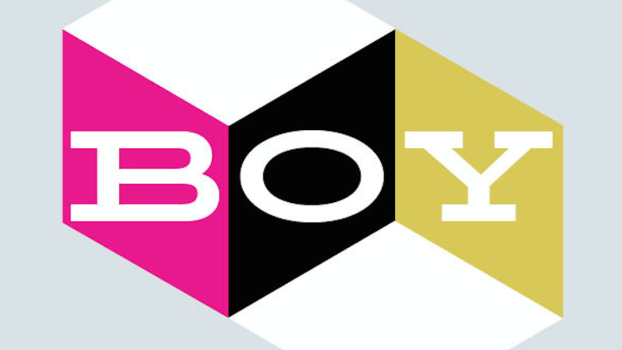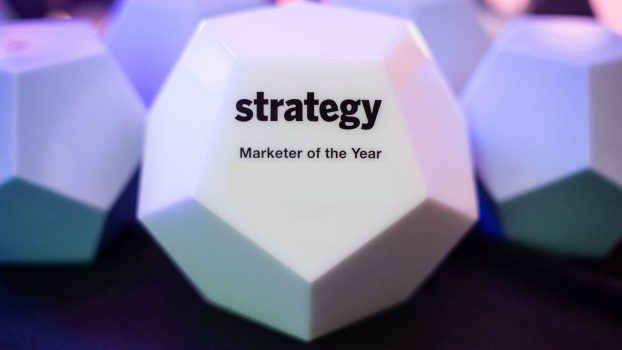Members of the global online forum The Student Room began chatting last September about strange new online games they had to play to earn interviews for entry-level positions at Unilever. The games were watching them play and churning out personality reports.
“One [game] involved splitting money in the fairest way possible between you and another person,” wrote user Fatimapz. “Another involved selecting cards from four different decks. The personality report I got seemed fairly balanced – I got results such as ‘fair minded’ and ‘internally motivated,’ but also ‘blocks out distracted slowly.’ [sic] I was quickly rejected on the basis that I didn’t obtain the scores they were looking for… did anyone find the format and purpose of the games absolutely bizarre???”
The discussion thread filled with people posting their results, opinions and, if they scored well enough, the next set of hurdles they had to pass in Unilever’s newly automated process for college grads.
The global CPG company has been using artificial intelligence to help screen job applicants for nearly a year and its latest shared results show its hiring process has gotten faster, more diverse and more efficient as a result.
The company partnered with two firms to change its hiring process in 2016: Pymetrics and HireVue. Pymetrics specializes in creating online games that analyze how they are played to detect things like distractability, trust and strong problem solving skills. Applicants are given access to the games through postings on social media and given up to 12 different games to play.
With the right Pymetrics score, applicants are then granted an “interview” with HireVue. But rather than an in-person conversation, applicants must record responses to preset questions. Not only does HireVue’s platform analyze the content and wording of those responses (hunting for keywords that reveal expertise), but it employs artificial intelligence to assess things like body language for more data points on the personality matrix.
It’s only after successfully meeting criteria set by these autonomous platforms that job seekers are invited to Unilever for a full interview.
Unilever says it’s using the system in more than 60 countries. Results have trickled out here and there, but it recently shared a block of results for its North American efforts with Business Insider.
It reported that its hiring process become drastically shorter, condensing the application-to-offer window down from an average of four months to four weeks.
Moreover, 83% of those who make it to the in-person interview stage are given offers of employment, up from the 50% Deloitte reported in March and suggesting that more qualified candidates were being given a time investment by staff.
Finally, Unilever reported a 10% increase in the hiring of non-white staff as a result of the shift to automated screening. The company calls it their “most diverse class to date.”
























